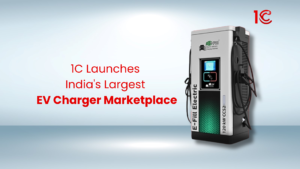
Menu
Menu
The duration required to charge an electric vehicle relies on the battery capacity and the charger’s power rating. A straightforward method to approximate the charge time involves dividing the battery capacity in kWh by the charger power in kW, then adding 10 percent for charging losses. For instance, an average EV equipped with a 60 kWh battery and a 10 kW charger would necessitate approximately 6.6 hours to charge from empty to full. However, actual charging times may fluctuate based on the battery’s state and charging conditions.
Charging an EV depends on a plethora of factors which depend on every single piece of equipment related to charging. You can charge your EV at home or at any public charging station, but it all depends on the battery and charging points that are in use. The charging duration of an EV mainly depends on its power outputs along with the battery size, vehicle’s charging capability and also the charging station.
There are three levels of charging EV, which are Level 1 , Level 2, and Level 3
Level 1 Charging: Level 1 charging takes 15-18 hours to completely charge your vehicle. It is the slowest type of charging and uses a standard household outlet.
Level 2 Charging: With the level 2 charging system which is a faster type of charging, it can take 4-8 hours to fully charge a typical EV while using a 240-volt outlet.
Level 3 Charging: Level 3 charging is the fastest type of charging system which uses a DC fast charger. It takes as little as 30 minutes to 80% charge a typical EV with level 3 charging.
All electrical outlets are created differently. Although all EVs can charge their batteries through any standard charging outlets but the time duration differs accordingly. The level 1 charging solutions will make your charging experience slow and time taking. If you plan to switch to EV vehicle with smooth charging options, it’s better to opt for level 2 chargers with 240-volt power outputs. And to experience absolute fastest charging experience level 3 connections are the best.
Although miles of range can be added through a certifiably lethal current of DC power, the flow is throttled back when the EV battery’s state-of-charge is nearing full. The ability of vehicles to accept DC charging varies greatly.
A larger battery takes longer to charge because more energy is required to be stored in it, and it takes more time to transfer that energy from the charger to the battery. Also, if a larger charging source is used then the charging time will be low. It also gets affected by the weather as cold weather can take longer than charging it in warm weather.
With its ecological character, e-scooters are gaining popularity in the market, and they can be charged easily. If you are using a level 1 charger, then it will take around 7-10 hours to get fully charged. While a level 2 charging system will take around 1-2 hours.
The duration required to charge an electric vehicle varies depending on several factors, including the battery capacity, charger power rating, and the type of charging system used. Level 1 charging, utilizing standard household outlets, is the slowest method, taking 15-18 hours for a full charge. Level 2 charging, using a 240-volt outlet, offers faster charging, typically taking 4-8 hours. Level 3 charging, employing DC fast chargers, provides the fastest charging option, taking as little as 30 minutes to reach 80% charge. However, charging times can also be influenced by the size of the battery, weather conditions, and the vehicle’s charging capability. It’s essential for EV owners to consider these factors when planning their charging routines to ensure efficient and convenient charging experiences.
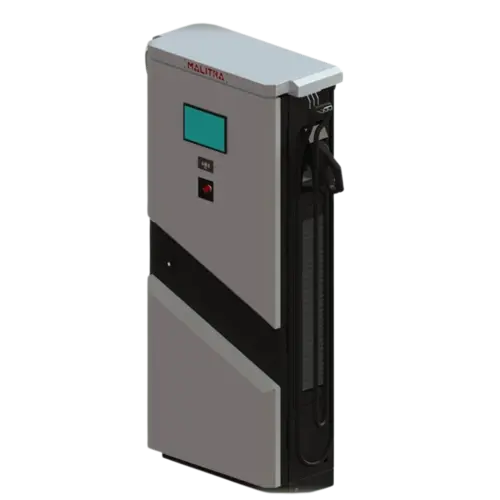
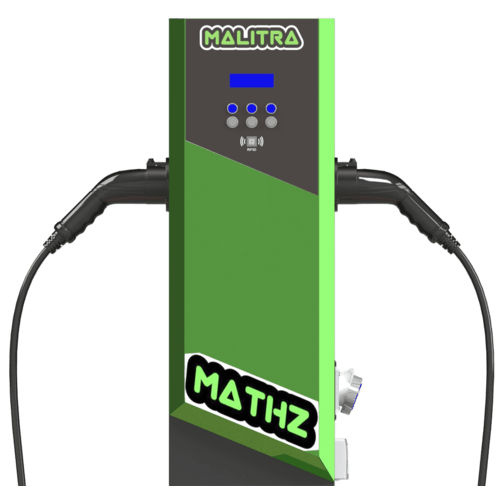
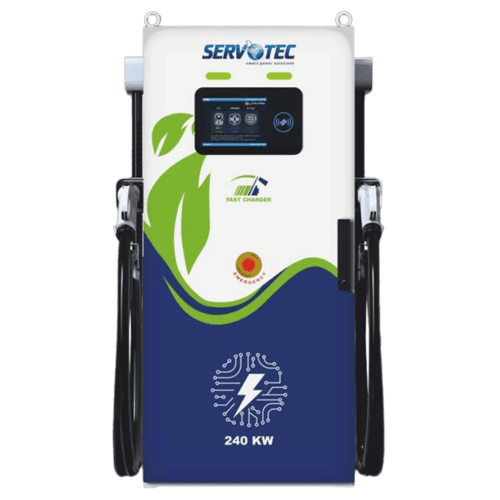
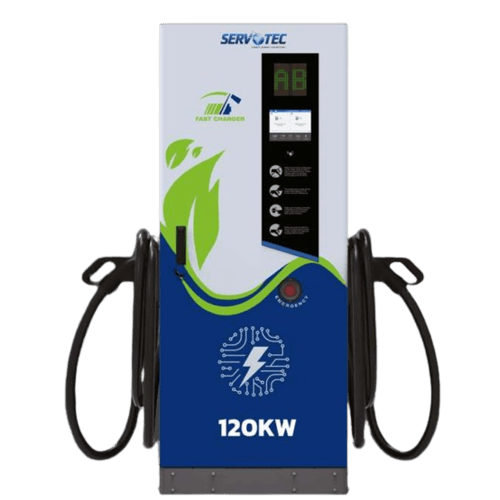
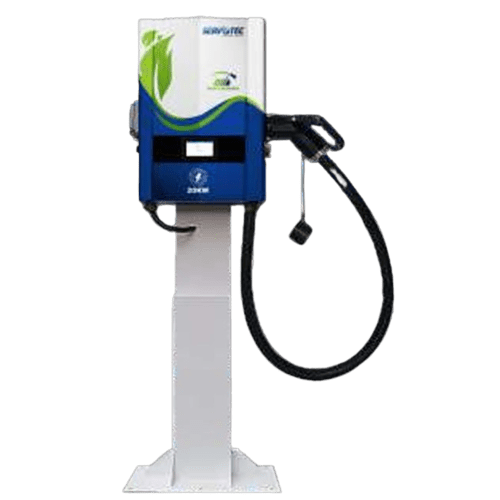
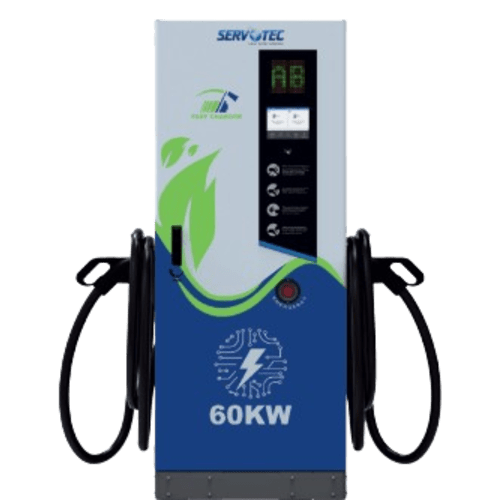
© 2024 Massive Mobility Private Limited. All rights Reserved